Foreign travel throws your body into chaos — new bacteria, disrupted sleep cycles, unfamiliar foods, and the stress of navigating unknown territories. Your immune system, accustomed to familiar environments, suddenly faces challenges it’s never encountered. Meanwhile, excitement and adrenaline mask early warning signs of illness until problems become serious enough to derail carefully planned itineraries.
Smart travelers recognize that prevention costs less than treatment, especially when you’re far from familiar healthcare systems and insurance networks. Here is a list of 17 strategies to keep your body functioning optimally throughout international adventures.
Schedule Vaccinations Well in Advance

Travel medicine specialists recommend booking consultations 6–8 weeks before departure since some vaccines require multiple doses spaced weeks apart. Hepatitis A and B protect against contaminated food and water, while the yellow fever vaccination opens doors to certain countries that require proof of immunization.
Your doctor will assess destination-specific risks based on planned activities, accommodation types, and seasonal disease patterns in your target regions.
Build a Comprehensive Medical Kit
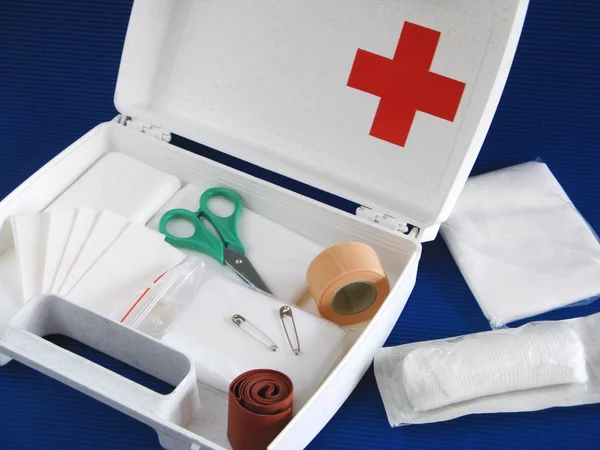
Foreign pharmacies stock unfamiliar brands and formulations that may not work the same way as medications you’re accustomed to using. Pack prescription medications in original containers with extra supplies for travel delays, plus over-the-counter remedies for common issues like headaches, stomach problems, and minor injuries.
Include a digital thermometer, basic bandages, and antiseptic supplies for situations where medical care isn’t immediately available.
Like Travel Pug’s content? Follow us on MSN.
Master Safe Water Consumption

Dehydration amplifies jet lag while making you more susceptible to illness, yet questionable water quality creates a tricky balance in many destinations. Stick to sealed bottled water from reputable brands, or invest in portable filtration systems that remove bacteria and parasites from local water sources.
Ice cubes, fresh fruit juices, and raw vegetables rinsed in local water pose hidden risks that can cause serious digestive problems.
Practice Obsessive Hand Hygiene

Your hands touch countless contaminated surfaces throughout travel days — handrails, door handles, seat backs, and shared facilities used by thousands of other travelers. Wash with soap and warm water for at least 20 seconds whenever possible, and carry alcohol-based sanitizer for situations where clean water isn’t available.
Pay special attention to hand cleaning before eating and after using public restrooms or transportation.
Navigate Food Safety Without Missing Culinary Adventures

Street food and local specialties represent essential cultural experiences, but foodborne illness can destroy entire trips if you’re not strategic about vendor selection. Choose stalls with high customer turnover where food stays fresh, and watch for proper heating that kills dangerous bacteria.
Avoid raw seafood, unpasteurized dairy, and fresh salads unless you’re confident about preparation standards and ingredient sourcing.
Like Travel Pug’s content? Follow us on MSN.
Tackle Jet Lag Systematically
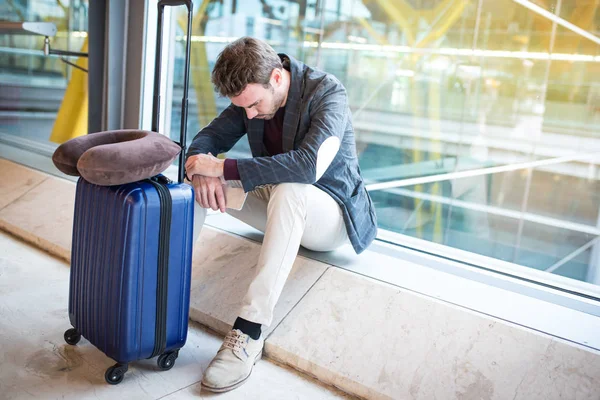
Time zone disruption wreaks havoc on immune function, cognitive performance, and emotional stability during crucial first days in new destinations. Start adjusting your sleep schedule 3–4 days before departure by shifting bedtime and wake times gradually toward your destination’s time zone.
Upon arrival, immediately adopt local meal times and seek bright light exposure during daylight hours to reset your circadian rhythms.
Maintain Exercise Routines Despite Disruptions
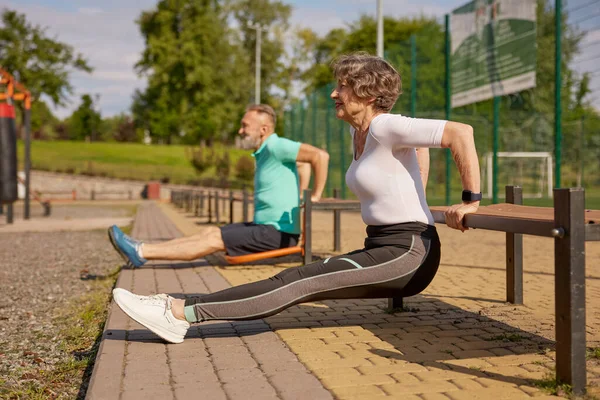
Physical activity strengthens immune function while helping your body process travel stress and irregular schedules. Hotel fitness centers, local parks, walking tours, and bodyweight exercises in your room provide options that don’t require expensive equipment or gym memberships.
Even 30 minutes of daily movement significantly impacts sleep quality and energy levels throughout extended travel periods.
Shield Your Skin from Environmental Damage

Different altitudes and latitudes expose your skin to UV radiation intensities that can cause severe burns within hours. Pack broad-spectrum sunscreen with SPF 30 or higher, plus protective clothing and wide-brimmed hats for outdoor activities. Remember that
UV rays reflect off water, sand, and snow with increased intensity, requiring reapplication every two hours regardless of weather conditions.
Like Travel Pug’s content? Follow us on MSN.
Prioritize Quality Sleep Despite Excitement

Travel excitement, uncomfortable beds, and environmental disruptions often sabotage the sleep your immune system needs to function properly. Pack earplugs, eye masks, and familiar comfort items that help create consistent sleep environments in unfamiliar places.
Establish regular bedtime routines while limiting caffeine and screen time before attempting to sleep in new locations.
Support Digestive Health Proactively

Foreign bacteria, different cooking methods, and dietary changes can upset digestive systems that are accustomed to familiar foods and preparation techniques. High-quality probiotic supplements taken 2–3 weeks before travel help maintain healthy gut bacteria that support immune function.
Choose refrigerated varieties with multiple bacterial strains and at least 10 billion colony-forming units for maximum effectiveness.
Manage Travel Stress Effectively

Chronic stress weakens immune systems while impairing decision-making abilities that keep you safe and healthy during challenging travel situations. Deep breathing exercises, meditation apps, and regular communication with loved ones provide emotional support during difficult moments.
Build flexibility into itineraries to reduce pressure when transportation delays or weather disruptions affect carefully planned schedules.
Like Travel Pug’s content? Follow us on MSN.
Secure Comprehensive Travel Insurance
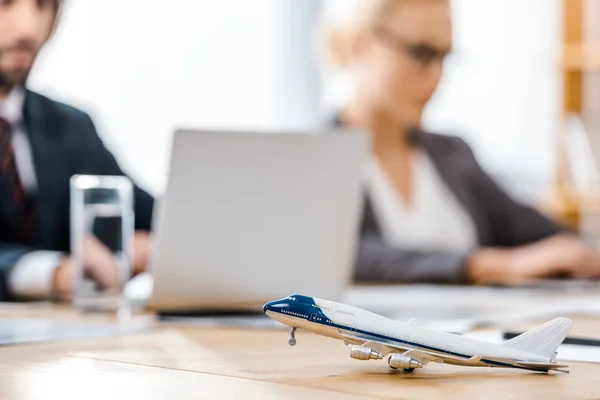
Medical emergencies abroad can cost tens of thousands of dollars while limiting access to quality healthcare without proper insurance coverage. Research policies that cover emergency treatment, prescription medications, medical evacuation, and trip interruption due to health issues.
Understand coverage limits, pre-existing condition exclusions, and claim procedures before departure to avoid surprises during emergencies.
Monitor Mental Health Consistently

Extended travel can trigger anxiety, depression, and emotional challenges that impact physical health and overall trip satisfaction. Maintain regular contact with friends and family while recognizing when you need rest days or professional mental health support.
Many countries offer counseling services for travelers, and telemedicine platforms provide access to familiar healthcare providers from anywhere with an internet connection.
Moderate Alcohol Consumption Strategically

Alcohol impairs immune function while disrupting sleep quality and increasing risky behavior that can lead to accidents or poor health decisions. Dehydration from alcohol consumption compounds jet lag effects while making you more susceptible to altitude sickness and heat-related illness.
Sample local wines and spirits in moderation while alternating with water and maintaining awareness of how alcohol affects your body in different climates.
Like Travel Pug’s content? Follow us on MSN.
Practice Kitchen Safety in Accommodations

Self-catering accommodations provide cost savings and dietary control, but unfamiliar kitchens can harbor bacteria if the equipment isn’t properly maintained. Inspect cooking surfaces, check refrigerator temperatures, and wash all dishes and utensils thoroughly before food preparation.
Trust your instincts about food safety rather than risking illness for convenience or cost savings.
Stay Connected with Healthcare Providers

Maintain communication with your primary care physician, especially if chronic health conditions require ongoing management during travel. Many healthcare systems now offer telemedicine consultations that allow discussion of symptoms and medication adjustments with familiar providers.
Keep emergency contact information for your healthcare team easily accessible for urgent situations that require professional guidance.
Leverage Technology for Health Monitoring

Smartphone apps can track hydration levels, monitor sleep patterns, and remind you about medication schedules while providing access to local healthcare resources. Fitness trackers help maintain activity levels while generating data about how travel affects your body’s normal patterns.
Translation apps facilitate communication with foreign healthcare providers when language barriers complicate medical situations.
Like Travel Pug’s content? Follow us on MSN.
Thriving Through Global Adventures
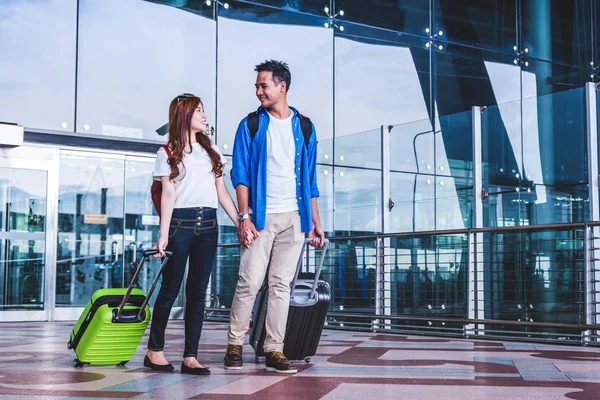
International travel challenges your physical and mental resilience in ways that ultimately strengthen your ability to handle stress and adapt to change. The health habits developed during challenging travel experiences often carry over into daily life, creating lasting improvements in self-care practices.
Smart preparation, consistent healthy routines, and attention to your body’s signals transform travel from a potential health risk into an opportunity for personal growth and expanded cultural understanding.
More from Travel Pug

- 20 Best Beach Towns in the Carolinas
- 13 Destinations Where Tourists Regularly Regret Their Trip
- 20 Things You Actually Get in First Class
- 20 Small Airports With Aviation Museums
- 20 Places in the U.S. That Are Perfect for a Reset Trip
Like Travel Pug’s content? Follow us on MSN. content? Follow us on MSN.
